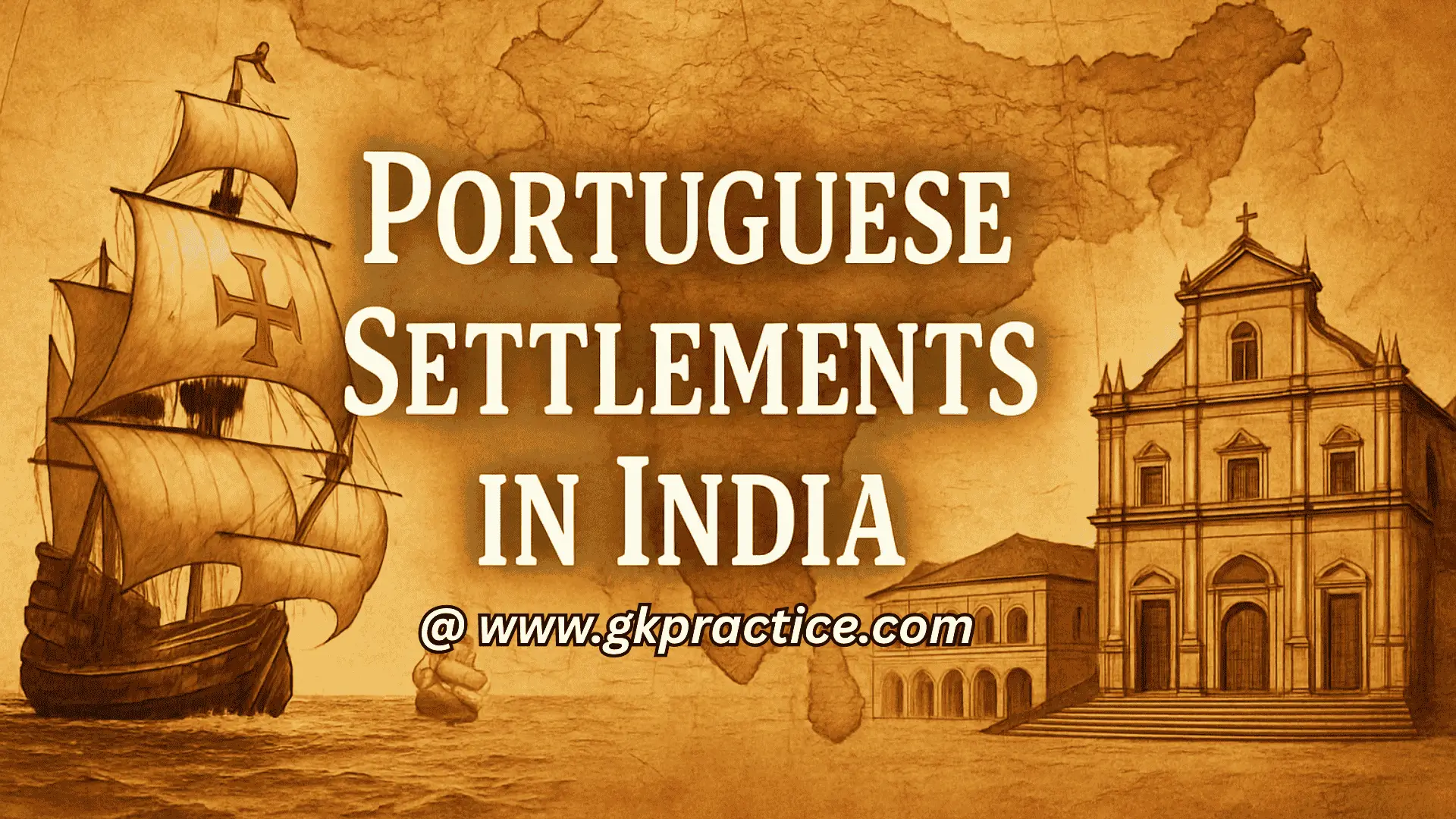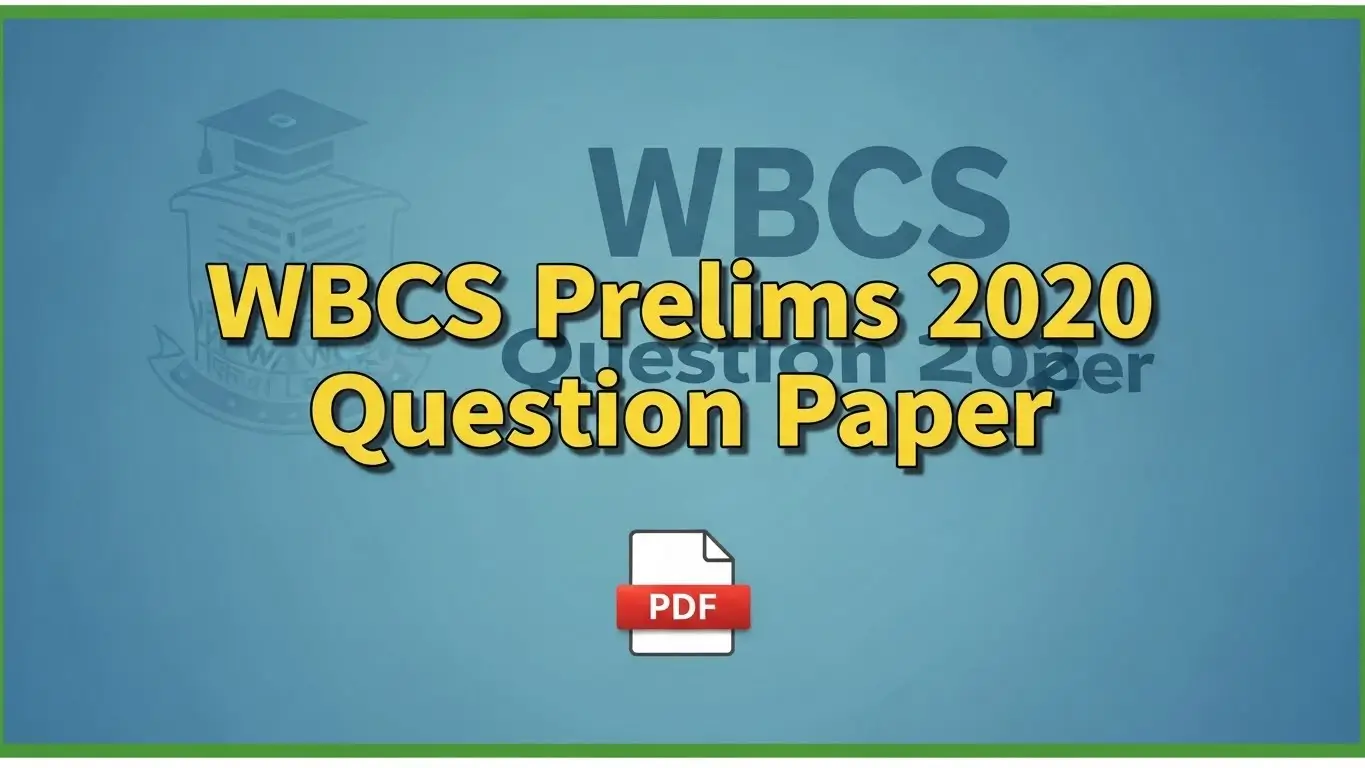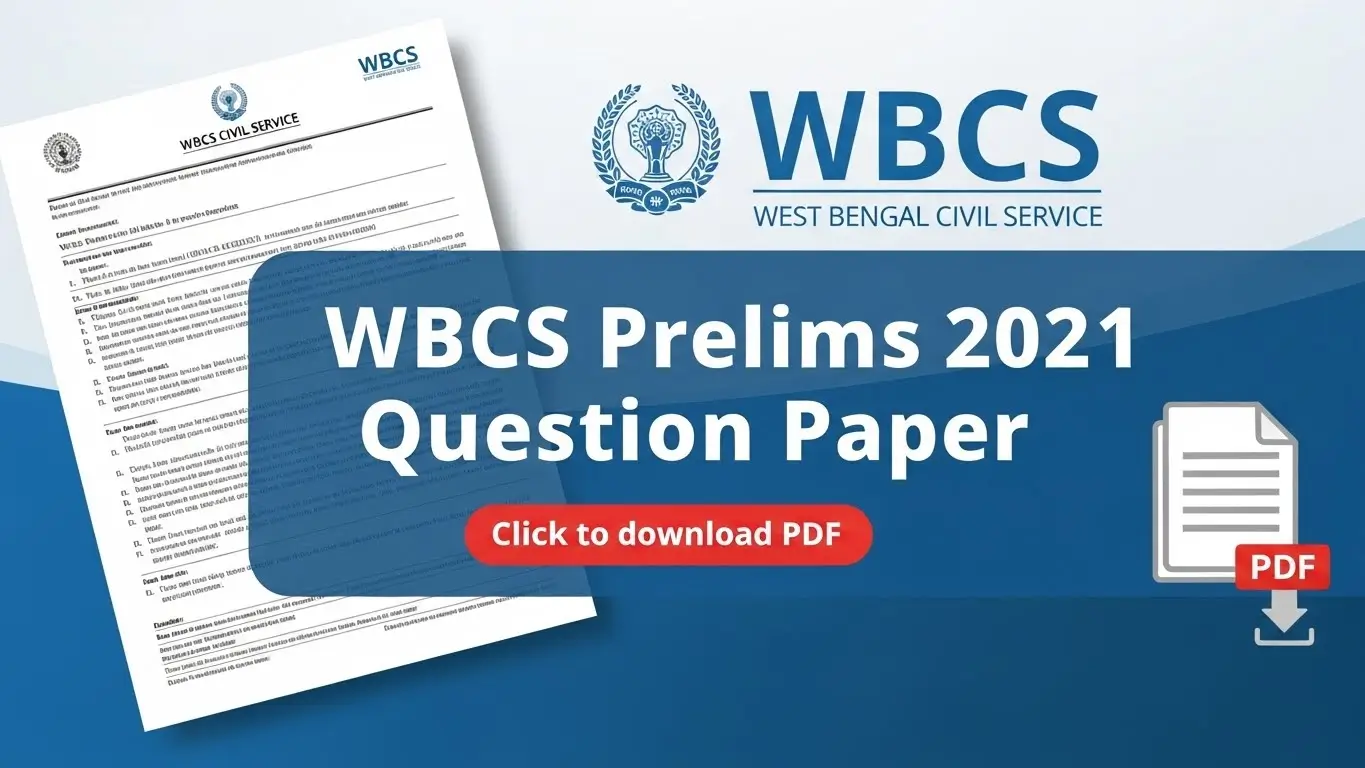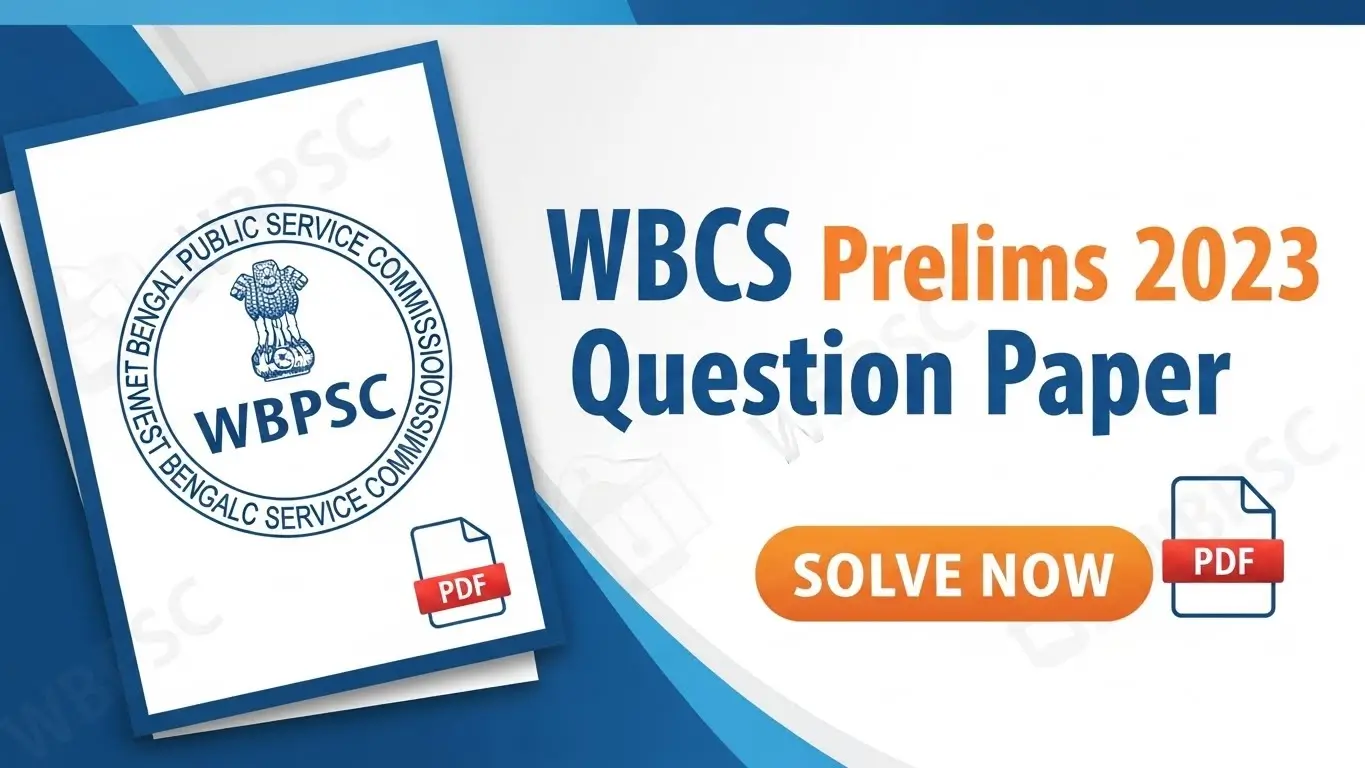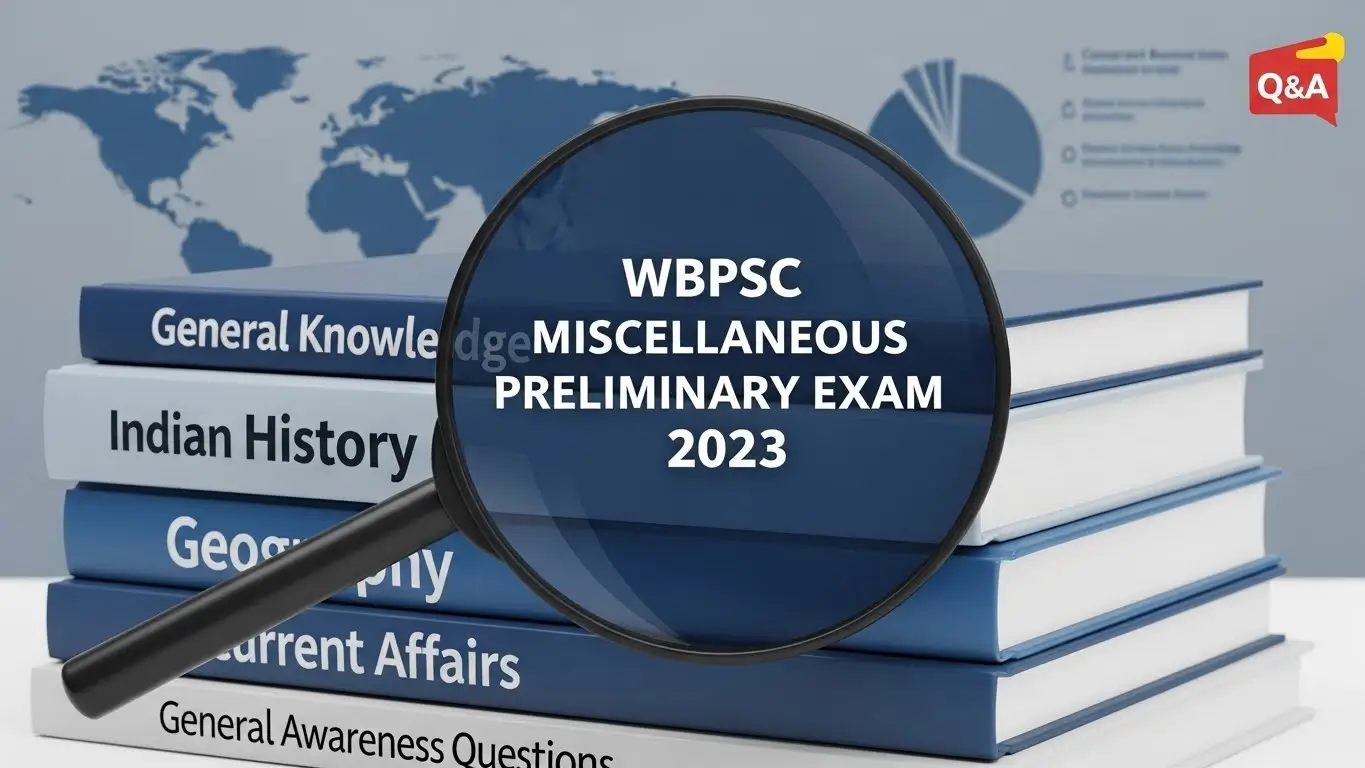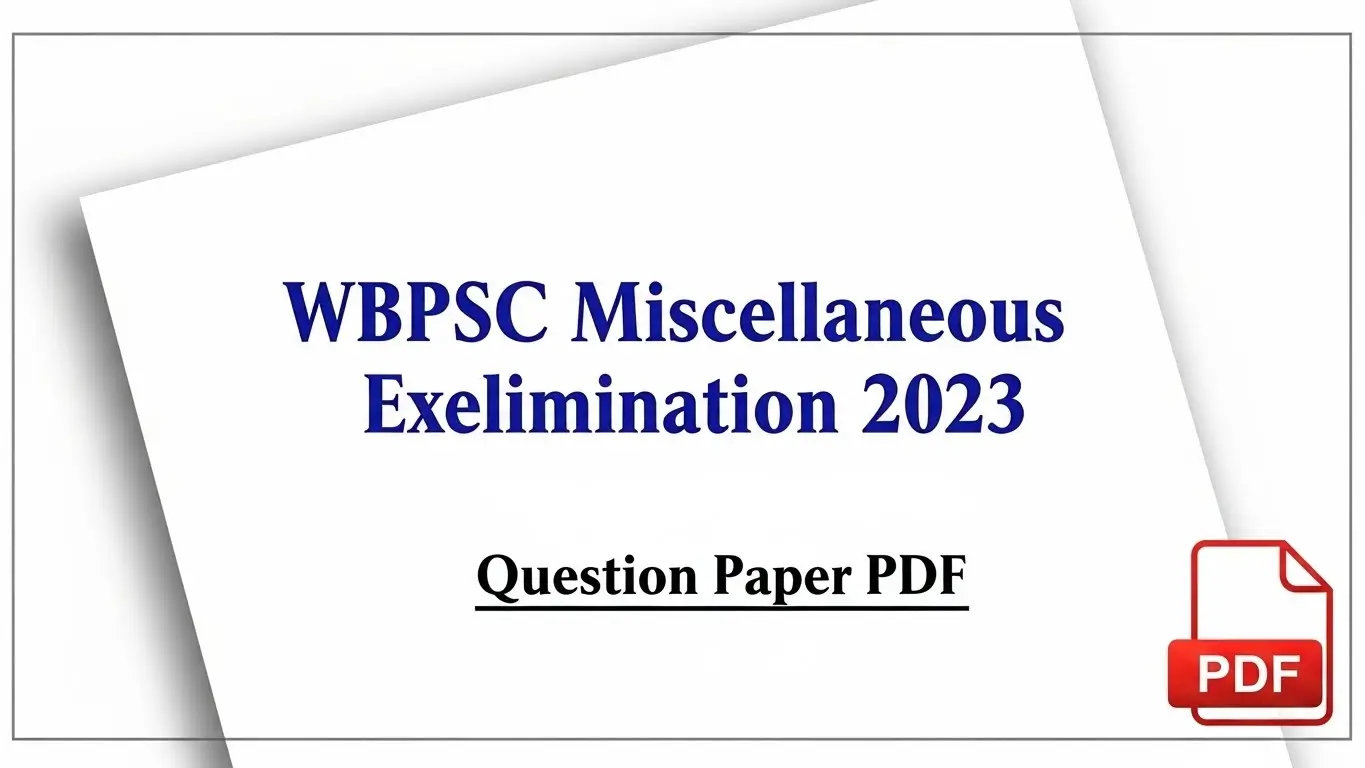Q11) The Portuguese introduced which of the following crops to India?
A) Wheat
B) Maize
C) Rice
D) Tea
Explanation: The Portuguese introduced maize (corn) to India, alongside other New World crops such as tobacco and cashew nuts. These crops became integrated into Indian agriculture and cuisine over time.
Q12) Who led the Portuguese in capturing Goa from the Sultan of Bijapur?
A) Vasco da Gama
B) Afonso de Albuquerque
C) Francisco de Almeida
D) Pedro Cabral
Explanation: Afonso de Albuquerque was the commander who captured Goa in 1510, setting up a critical base for Portuguese power in the Indian Ocean and establishing a long-lasting colonial presence.
Q13) The Portuguese fortified their settlement in which of these places to control trade?
A) Surat
B) Goa
C) Madurai
D) Calcutta
Explanation: Goa was heavily fortified by the Portuguese to secure their trading routes and repel attacks from local and foreign powers, turning it into a powerful military and commercial bastion.
Q14) The Colva Church is located in which Portuguese settlement?
A) Daman
B) Goa
C) Diu
D) Mumbai
Explanation: The Colva Church is located in Goa, reflecting the Portuguese legacy of missionary work and architecture. Many churches in Goa still stand as testimonies of Portuguese influence on religion and culture.
Q15) What was the main purpose of Portuguese settlements in India?
A) Agriculture
B) Trade and Military Power
C) Religious Pilgrimage
D) Textile Manufacturing
Explanation: The Portuguese mainly established settlements to control trade routes, especially spice trade, and to establish military dominance over the Indian Ocean region, securing their commercial interests.
Q16) The Treaty of Tordesillas (1494) affected Portuguese activities by:
A) Dividing Asia and Africa between Spain and Portugal
B) Granting India to Portugal
C) Ending the Portuguese Empire
D) Creating a union with Spain
Explanation: The Treaty of Tordesillas divided newly discovered lands outside Europe between Portugal and Spain, allowing Portugal to claim territories in Asia, including parts of India, and facilitating their colonial expansion.
Q17) Which European power was the main rival to the Portuguese in India?
A) French
B) Dutch
C) British
D) Both British and Dutch
Explanation: Both the British and Dutch eventually became the main rivals of the Portuguese in India, challenging their monopoly over trade and territories, resulting in the gradual decline of Portuguese power in the Indian subcontinent.
Q18) The Portuguese built which of the following forts in India?
A) Fort St. George
B) Fort Aguada
C) Red Fort
D) Gwalior Fort
Explanation: Fort Aguada in Goa was built by the Portuguese in the early 17th century to guard against Dutch and Maratha invasions. It was a key military stronghold protecting Portuguese interests.
Q19) Which Portuguese explorer established the sea route to India?
A) Bartolomeu Dias
B) Vasco da Gama
C) Ferdinand Magellan
D) Christopher Columbus
Explanation: Vasco da Gama is credited with establishing the sea route to India via the Cape of Good Hope, enabling Portugal to bypass traditional land routes dominated by Arab and Venetian traders.
Q20) Which Indian ruler captured the Portuguese colony of Diu multiple times?
A) Akbar
B) Shivaji
C) Sultan of Gujarat
D) Tipu Sultan
Explanation: The Sultan of Gujarat frequently contested Portuguese control over Diu, recognizing its strategic and commercial importance. Though Diu remained Portuguese for centuries, it saw frequent military conflicts.
We hope these Portuguese Settlements in India GK Questions and Answers help you in your exam preparation. Keep practicing regularly to strengthen your history and general knowledge.
👉 If you found this helpful, don’t forget to check out our YouTube Channel for more GK Questions and video explanations.
📌 Read More GK MCQ Posts:

